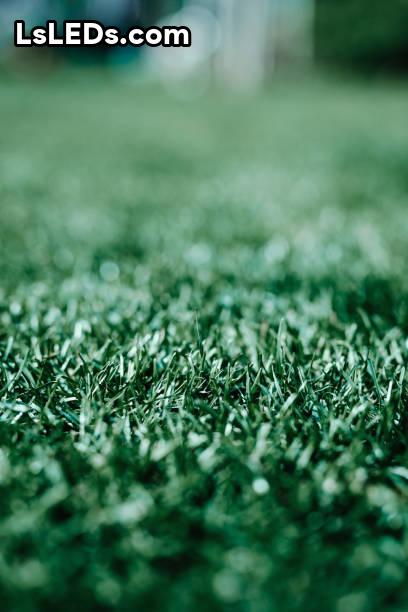
Table of Contents
Do NFL players prefer grass or turf?
More than 70 percent of players prefer playing on natural grass and 15 percent prefer instuctive systems, but only 11 of them preferred it. The majority of people thought playing on the turf would have a negative effect on their health.
Do athletes prefer turf or grass?
The majority of athletes prefer playing on grass fields. The US Women’s National Soccer Team is the most public in their dislike of artificial turf.
Is turf harder than grass?
According to a study done in 2007, impact forces on the body’s bones, muscles, tendons and ligaments can be affected by turf surfaces being stiff. According to Dorfman, ankle, knee and head injuries can be worsened by turf, which is a harder surface.
How do NFL players avoid turf?
The players try to cover as much of their bodies as they can, using long-sleeved T-shirts, elbow pads and gloves to avoid contact with the turf.
Why is turf bad?
There are a number of environmental issues associated with artificial turf. There are pollutants in the storm water that can be harmful to aquatic life.
Is artificial grass good for football?
Can you play football on artificial grass?
Artificial turf can hold up to almost anything you and your family and friends can throw at it. Pick the football, Frisbee, or golf clubs that you want to use.
How long does artificial football turf last?
The turf can last up to 20 years if you take care of it. The answer to how long artificial turf lasts can be anywhere from 10 to 20 years. It will not last as long on a football field as it will in your backyard.
Is artificial turf good for soccer?
Artificial turf tends to contribute to a faster pace than grass because it is more evenly distributed. The ball moves more quickly because the turf blades are short. It can be an advantage to play on turf.
How do I choose artificial grass?
Synthetic grass can vary in shades of green, so it’s best to choose a product that’s different. There is a more lush and natural look to be had with olive green, dark green and lime green combined. It is important to look for grass that isn’t completely uniform. Curb appeal will be added by this.

Is Field turf better than grass?
Artificial turf fields are more durable than grass and can be played on all the time, giving youth sports organizations practice space they might otherwise not have, as well as allowing for broader access.
Why are turf fields bad?
Artificial turf fields are more hot than grass fields. The field surface can reach 200 degrees. Artificial turf is a more difficult surface to play on than grass. The risk of injuries can be increased by this.
Is turf better than grass?
Artificial grass requires less upkeep and costs less over time than regular grass. If you’re looking for a more realistic look for your home, real grass is a good choice.
Is turf cancerous?
Chemicals that have been shown to cause cancer can be found in synthetic turf fields.
Why is turf bad for knees?
According to an analysis published in The American Journal of Sports Medicine, playing football on turf may cause more PCL injuries than playing the same game on grass.
Can you play football on turf?
Most players play on a variety of field surfaces, including clay, natural grass, artificial turf and indoor sports flooring. College and high school football players play on artificial turf or clay fields, which is different from natural grass.
Is turf bad for football players?
Athletes are 58 percent more likely to sustain an injury during athletic activity. The authors found that there was no increased risk of injury to the knee in soccer players who played on artificial turf.
Is turf good for football?
Studies show different conclusions about injuries like concussions, lower body and upper body injuries. A study shows that playing on synthetic turf in the National Football League resulted in a 16% increase in lower body injuries.
Do football players play on turf or grass?
Traditional grass is used in 17 of the 31 stadiums of the National Football League. Several high-profile players were injured in the opening weeks of the season after the artificial turf at the home of the Jets and Giants was inspected by the National Football League.
Is turf bad for knees?
College football players are 40 percent more likely to suffer a knee injury when playing on an artificial turf compared to grass, according to a U.S. study.
